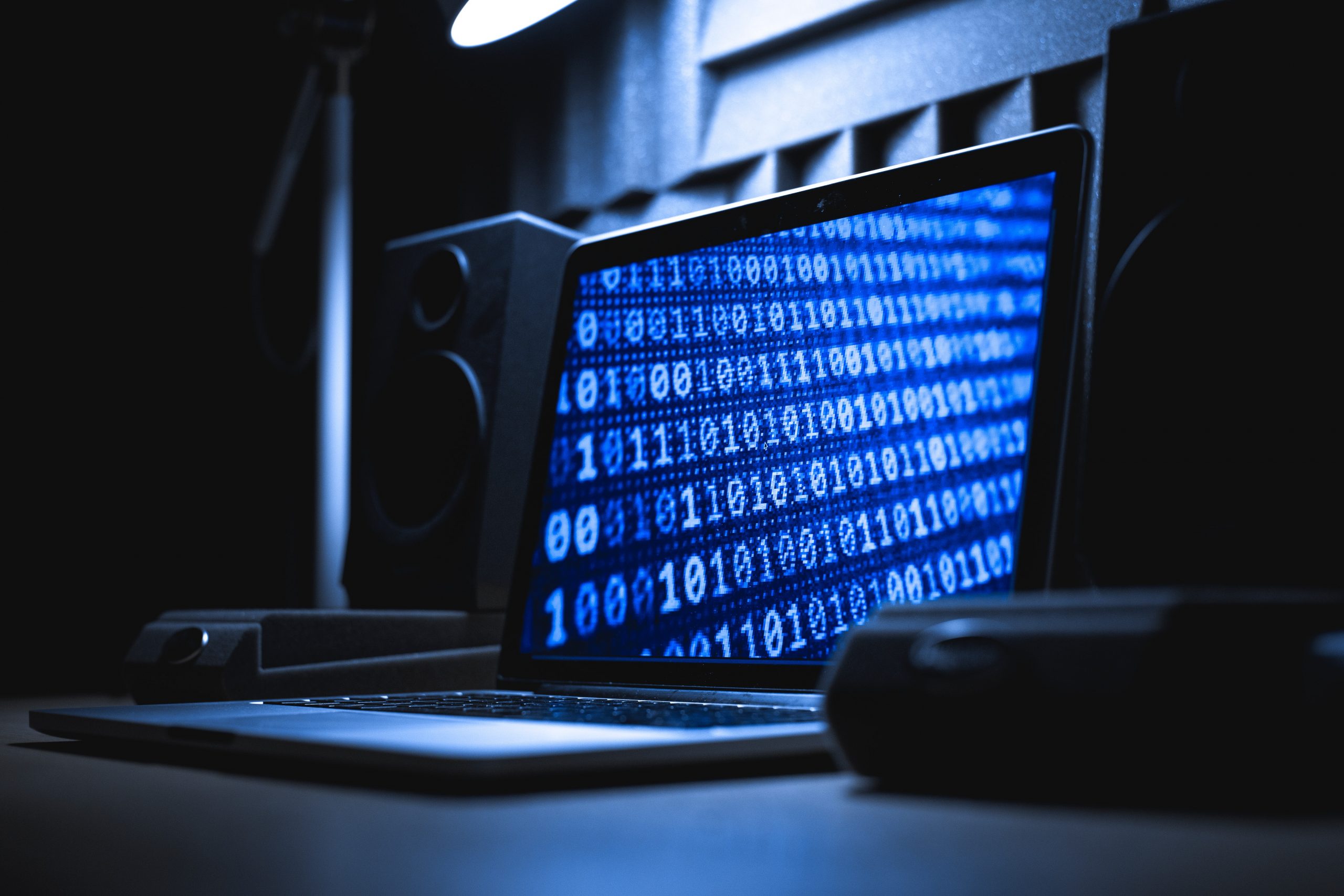Malware is computer software designed to destroy or impair computers and electronic infrastructure even without the owner’s consent. Nowadays, Malware assaults are getting more frequent and sophisticated, making it more difficult for businesses to guard against them.
Attackers use stealth, expertise, and social engineering techniques to breach systems. Cybercriminals develop malware programs for various reasons, including the following:
• To monitor your keystrokes for passwords or credit card information.
• To keep track of incoming and outgoing mails.
• To blackmail victims ransom money. You must pay a ransom to get the key back to unlock your files.
Here are the six steps to protect your computer from malware:
1. Install a Firewall
A firewall serves as a barrier between your organization’s internal network and the internet. Usually, a firewall examines all data entering and exiting your network to ensure it is genuine, protecting your company computers from fraudulent individuals or programs. If you don’t have a firewall in place, unauthorized users may obtain your private business resources. Additionally, a firewall provides virus and malware protection.
WHM (Web Host Manager) manages numerous dedicated web and email servers and then has the CSF third-party firewall plugin. For maximum protection against the latest cyber attacks, Hacker Blocker Systems will automatically refresh your CSF Firewall within 15 minutes.
2. Always Be On the Lookout
It’s critical to be alert of any potential attacks you encounter to protect yourself from a cyber-attack. Email is by far the most prevalent means of intrusion.
• Always open attachments from trusted sources only.
• Examine the email’s formatting.
• Spelling and punctuation problems are common in phishing scams.
• If you have any doubts over an email or were not expecting a particular document or attachments, it is wise to contact the sender before reading it.
• Whenever you receive spam messages, mark those as spam in your email inbox to alert your provider and discard them immediately.
3. Install the Latest Security Updates
Security flaws are identified regularly in software programs and physical devices. Cybercriminals take advantage of such flaws and easily access your computer. Installing software upgrades is also crucial in the long term, not just to gain access to new functionalities but also to stay secure against security flaws detected in old programs.
Ensure that your computer system is up to date by installing the latest security patches. Windows users need to install the latest windows updates to their PC. Additionally, you can install the latest updates on your web browser.
4. Prepare For Potential Attacks.
While you can strive to be as cautious as possible to avoid threats, it is critical to be ready if one occurs. Planning advance for a ransomware assault can help limit the financial and human costs of delay or a poorly executed response. When a cyber-attack happens, establish a malware management procedure and reaction plan that you can readily follow. IT experts at Hacker Blocker assist businesses in identifying their weak points and minimizing the possibility of data breaches.
5. Embrace Data Recovery Options
In today’s world of global connection, safeguarding your business’s assets and information is more critical than ever. If you lose your data, you may rest easy knowing that you have a data backup and recovery option. Once you back up your data, you can access specific files in a matter of seconds. When you use a cloud storage solution, you may access your data quickly and from any device connected to the internet.
6. Encrypt Your Data
Encryption safeguards data across all states, at rest and in transit. A comprehensive encryption solution gives organizations and their owners’ peace. It protects data across all states, at rest and in motion. Although perimeter security measures might make it much harder for intruders to access information, your data is only as secure as the encryption software you use once the network is compromised.
Encryption is among the most effective ways to keep your data protected. It enables you to establish comprehensive security across all platforms, transmit information safely, and maintain absolute integrity every time a document is viewed or shared.
Bottom Line
Doesn’t it make sense to do everything you can to protect your computer and the data stored, given how much you depend on it? Perhaps you need to protect your computers from malware attacks. The above steps will help you implement the right Cyber Security plan and firewall system to safeguard your data.
